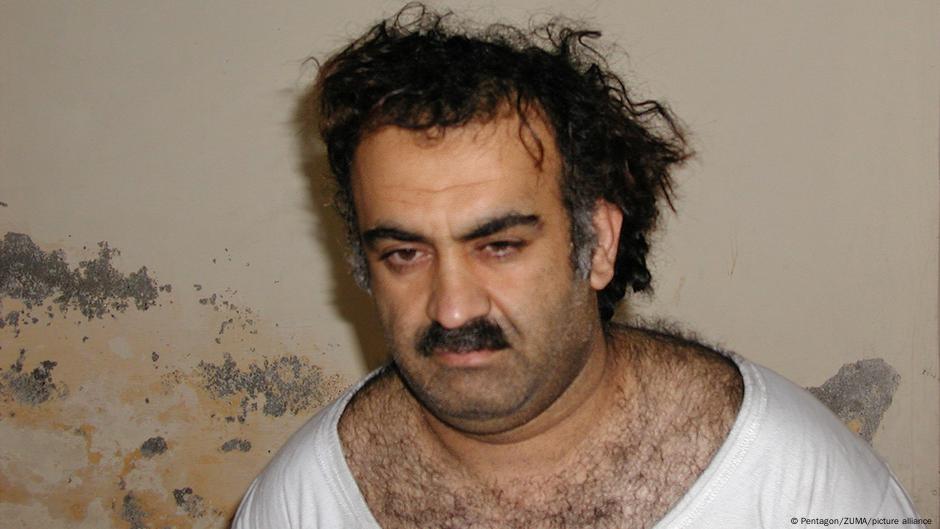The Fate of the 9/11 Mastermind’s Plea Deal
A significant legal development has unfolded in the case of Khalid Sheikh Mohammed, the alleged mastermind behind the September 11, 2001 attacks. A divided federal appeals court recently overturned a plea agreement that would have allowed him and two co-defendants to avoid the death penalty by pleading guilty. This decision has reignited debates about justice, accountability, and the rights of victims’ families.
Background of the Plea Agreements
The plea agreements were negotiated over a two-year period and had been approved by military prosecutors and the Pentagon’s senior official overseeing Guantanamo Bay. Under these arrangements, Khalid Sheikh Mohammed and his co-defendants would have received life sentences without the possibility of parole. The deal was seen as a potential resolution to a long-standing legal process, which had kept the defendants detained at the Guantanamo Bay Prison Camp in Cuba for years.
However, the agreement faced strong opposition from some families of the victims. They argued that allowing the accused to avoid trial undermined the pursuit of justice. Despite this, the plea deals were accepted by the relevant authorities and appeared to be on track for implementation.
The Role of the Defense Secretary
The situation took a dramatic turn when U.S. Defense Secretary Lloyd Austin intervened. He moved to revoke the plea agreements, stating that both the victims’ families and the American public deserved to see the defendants face trial. Austin, who served under President Joe Biden, claimed that the decision should rest with him due to its profound implications.
His actions sparked a legal battle. Attorneys for the defendants argued that the plea agreements were already legally binding and that Austin had acted too late to nullify them. The case then escalated to the courts, where the legality of Austin’s intervention became a central issue.
Legal Proceedings and Rulings
In December, the U.S. Court of Military Commission Review upheld a ruling that Austin lacked the authority to withdraw from the agreements. This led to plans for prompt plea hearings. However, the recent decision by the federal appeals court has now reversed this outcome.
The judges, Patricia Millett and Neomi Rao, stated that Austin “indisputably had legal authority to withdraw from the agreements.” They emphasized that the defense secretary had properly assumed his role and that the decision to proceed with trials was within his bounds. Their ruling suggests that the plea agreements will not go forward as originally planned.
Dissenting Views and Reactions
Not all judges agreed with the majority opinion. Judge Robert Wilkins, in a dissenting opinion, argued that the government had not provided sufficient evidence to prove that the military judge had made an error. His perspective highlights the complexity and controversy surrounding the case.
Brett Eagleson, a family member who opposed the plea deal, welcomed the appellate court’s decision, calling it “a good win, for now.” This reaction underscores the emotional and personal stakes involved for those affected by the 9/11 attacks.
Ongoing Implications
The ruling sets the stage for further legal proceedings, with the possibility of trials for Khalid Sheikh Mohammed and his co-defendants. It also raises broader questions about the balance between legal processes, the rights of victims, and the responsibilities of government officials in high-profile cases.
As the legal battle continues, the case remains a focal point for discussions on justice, due process, and the legacy of one of the most tragic events in modern history.







